Testosterone is a vital hormone that plays a crucial role in the development and maintenance of male characteristics, as well as overall health.
It is produced by the testes in men and is responsible for the growth and maturation of the reproductive system, as well as the development of secondary sex characteristics such as facial hair, deepening of the voice, and increased muscle mass. In this blog, we will delve into the world of testosterone, exploring its functions, the impact of low levels, and provide health tips to maintain optimal levels.
Functions of Testosterone
Testosterone is responsible for several key functions in the body:
1. Sex Drive and Libido: Testosterone regulates sexual desire and function, ensuring that men are able to experience pleasure and satisfaction during sexual activity.
2. Muscle Mass and Strength: Testosterone promotes the growth and maintenance of muscle mass, which is essential for overall health and physical function.
3. Bone Density: Testosterone helps regulate bone density, reducing the risk of osteoporosis and fractures.
4. Red Blood Cell Production: Testosterone stimulates the production of red blood cells, which carry oxygen throughout the body.
5. Mood and Cognitive Function: Testosterone has been linked to improved mood and cognitive function, with low levels potentially contributing to depression and anxiety.
The Impact of Low Testosterone Levels
Low testosterone levels, also known as hypogonadism, can have significant effects on a man's overall health and well-being. Symptoms of low testosterone include:
1. Low Sex Drive: A decrease in sexual desire and function.
2. Fatigue and Weakness: Feeling tired and weak, even after rest.
3. Weight Gain: Increased body fat, particularly around the midsection.
4. Mood Changes: Depression, anxiety, and irritability.
5. Sleep Disturbances: Difficulty falling asleep or staying asleep.
Health Tips to Maintain Optimal Testosterone Levels
Fortunately, there are several steps that can be taken to maintain optimal testosterone levels and alleviate symptoms of low testosterone:
1. Exercise Regularly: Engage in regular physical activity, such as weightlifting and cardio exercises, to promote muscle growth and strength.
2. Eat a Balanced Diet: Focus on consuming a balanced diet rich in protein, healthy fats, and complex carbohydrates to support overall health.
3. Get Enough Sleep: Aim for 7-9 hours of sleep per night to help regulate hormone production and overall health.
4. Manage Stress: Engage in stress-reducing activities, such as meditation and yoga, to help regulate hormone production and overall well-being.
5. Consider Supplements: Certain supplements, such as vitamin D and omega-3 fatty acids, may help support testosterone production and overall health.
Example: The Power of Exercise
One example of the impact of exercise on testosterone levels is the story of a 35-year-old man named John. John was experiencing low sex drive and fatigue, which he attributed to his sedentary lifestyle. After starting a regular exercise routine, including weightlifting and cardio exercises, John noticed a significant improvement in his energy levels and sex drive. He reported feeling more confident and motivated, and his overall health and well-being improved dramatically.
Conclusion
Testosterone is a vital hormone that plays a crucial role in the development and maintenance of male characteristics, as well as overall health. By understanding the functions of testosterone and the impact of low levels, men can take steps to maintain optimal levels and alleviate symptoms of low testosterone. By incorporating regular exercise, a balanced diet, and stress-reducing activities into daily life, men can support overall health and well-being.
References
"Testosterone." Mayo Clinic, Mayo Foundation for Medical Education and Research, 2022, <https://www.mayoclinic.org/diseases-conditions/testosterone-deficiency/symptoms-causes/syc-20354344>.
"Testosterone and Sex Drive." Healthline, Healthline Media, 2022, <https://www.healthline.com/health/testosterone-and-sex-drive>.
"Testosterone and Muscle Mass." American Council on Exercise, American Council on Exercise, 2022, <https://www.acefitness.org/educated/fit-facts/6031/testosterone-and-muscle-mass>.
"Testosterone and Bone Density." National Osteoporosis Foundation, National Osteoporosis Foundation, 2022, <https://www.nof.org/patients/treatment/testosterone-and-bone-density>.
"Testosterone and Red Blood Cell Production." MedlinePlus, U.S. National Library of Medicine, 2022, <https://medlineplus.gov/ency/article/003707.htm>.
"Testosterone and Mood." Harvard Health Publishing, Harvard Health Publishing, 2022, <https://www.health.harvard.edu/staying-healthy/testosterone-and-mood>.
"Exercise and Testosterone." American Council on Exercise, American Council on Exercise, 2022, <https://www.acefitness.org/educated/fit-facts/6031/exercise-and-testosterone>.
"Diet and Testosterone." Healthline, Healthline Media, 2022, <https://www.healthline.com/nutrition/diet-and-testosterone>.
"Sleep and Testosterone." National Sleep Foundation, National Sleep Foundation, 2022, <https://www.sleepfoundation.org/articles/sleep-and-testosterone>.
"Stress and Testosterone." Mindful, Mindful, 2022, <https://www.mindful.org/stress-and-testosterone/>.
"Supplements and Testosterone." Healthline, Healthline Media, 2022, <https://www.healthline.com/nutrition/supplements-and-testosterone>.
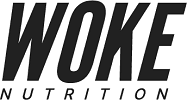


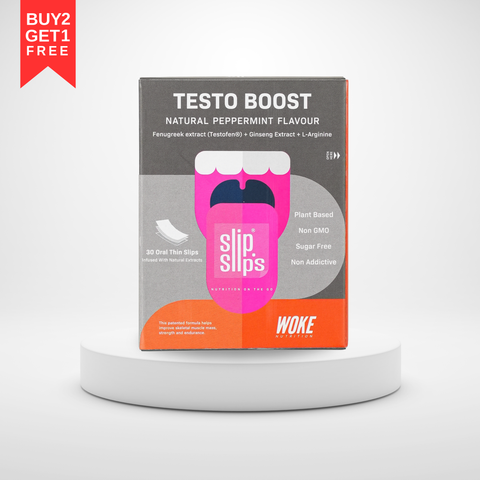
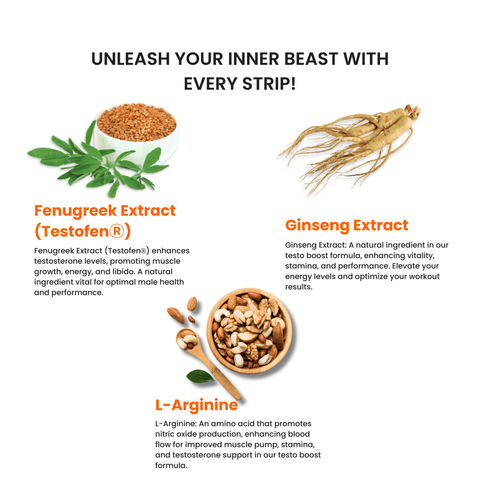

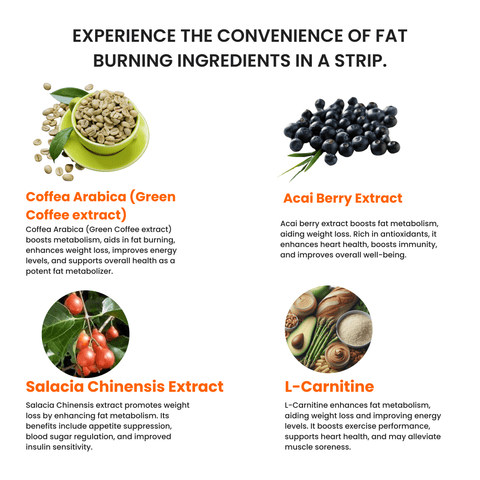
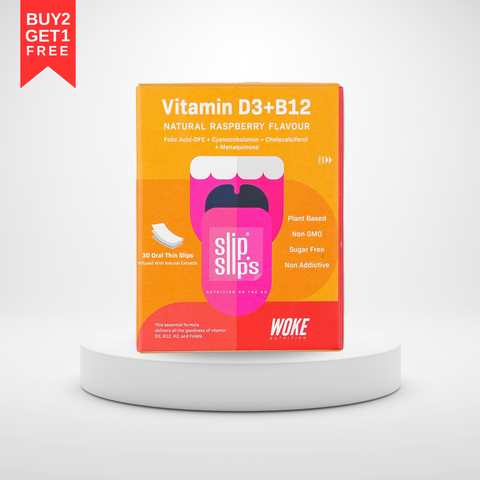

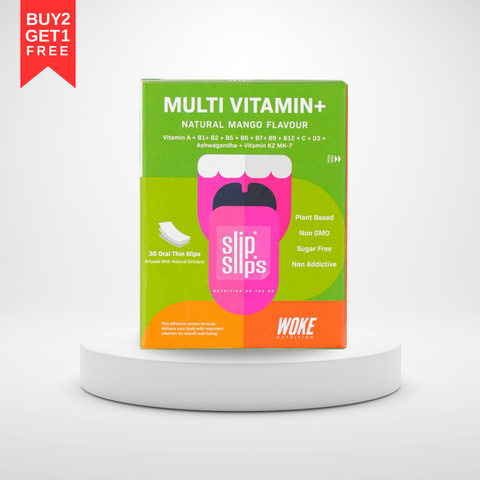






Comments (0)
There are no comments for this article. Be the first one to leave a message!